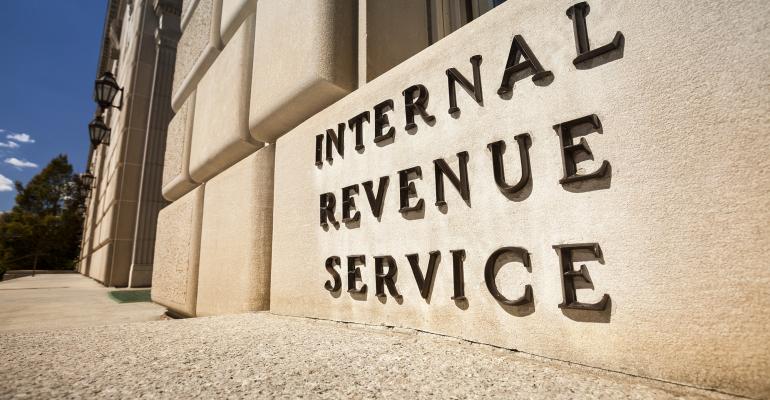Revenue Procedure 2021-3 summarizes and updates all the topics on which the IRS won’t issue private letter rulings or not ordinarily issue PLRs. Several new topics were added in the area of incomplete non-grantor trusts (commonly referred to as a “DING,” which stands for “Delaware incomplete non-grantor trust” or “NING,” which stands for “Nevada incomplete non-grantor trust”) as points on which PLRs won’t be issued until the IRS resolved the issue through a revenue ruling, revenue procedure, regulations or otherwise:
- Whether the grantor will be considered the owner of any portion of a transfer in trust under Internal Revenue Code Sections 673 to 677 that’s purported to be an incomplete gift under IRC Section 2511, specifically including, but not limited to, a transfer to a trust providing for distributions at the direction of a committee to the donor and the committee members either by unanimous consent of the committee members or a majority of the committee members with the consent of the donor.
- Whether the beneficiaries of a trust hold general powers of appointment (GPOAs) over any portion of a transfer to a trust when: (1) two or more of such beneficiaries have the power to distribute income or principal to themselves by unanimous consent and without the consent of the donor, and (2) either such beneficiaries must be replaced on the lapse of their powers as the result of death or otherwise or all of such beneficiaries' powers described by (1) lapse on the death of any one of the beneficiaries.
- Whether a transfer in trust that’s purported not to be considered owned by the grantor under Section 671 is an incomplete gift, specifically including, but not limited to, a transfer to a trust providing for distributions at the direction of a committee to the donor and the committee members either by unanimous consent of the committee members or a majority of the committee members with the consent of the donor.
- Whether the beneficiaries of a trust will be considered the owners of any portion of such trust when two or more of such beneficiaries have the power to distribute income or principal to themselves by unanimous consent.
The following continue to be listed as areas in which PLRs won’t be issued:
- Whether the assets in a grantor trust receive an IRC Section 1014 basis adjustment at the death of the deemed owner of the trust for income tax purposes when those assets aren’t includible in the gross estate of that owner under IRC chapter 11 of subtitle B.
- Whether a transfer is a gift within the meaning of IRC Section 102(a).
- Whether multiple trusts can be treated as one trust for subchapter J.
- Relating to IRC Section 678, whether a person will be treated as the owner of any portion of a trust over which that person has a power to withdraw the trust property (or had such power prior to a release or modification, but retains other powers which would cause that person to be the owner of the trust under Section 671 if the person were the grantor), other than a power that would constitute a GPOA within the meaning of IRC Section 2041, if the trust purchases the property from that person with a note and the value of the assets with which the trust was funded by the grantor is nominal compared to the value of the property purchased.
- Also relating to Section 678, whether the sale of property (including insurance policies) to a trust by a trust beneficiary will be treated as a gift for purposes of IRC Section 2501 if: (1) the beneficiary has a power to withdraw the trust property (or had such power prior to a release or modification, but retains other powers that would cause that person to be the owner if the person were the grantor), other than a power that would constitute a GPOA within the meaning of Section 2041, (2) the trust purchases the property with a note, and (3) the value of the assets with which the trust was funded by the grantor is nominal compared to the value of the property purchased.
0 comments
Hide comments





